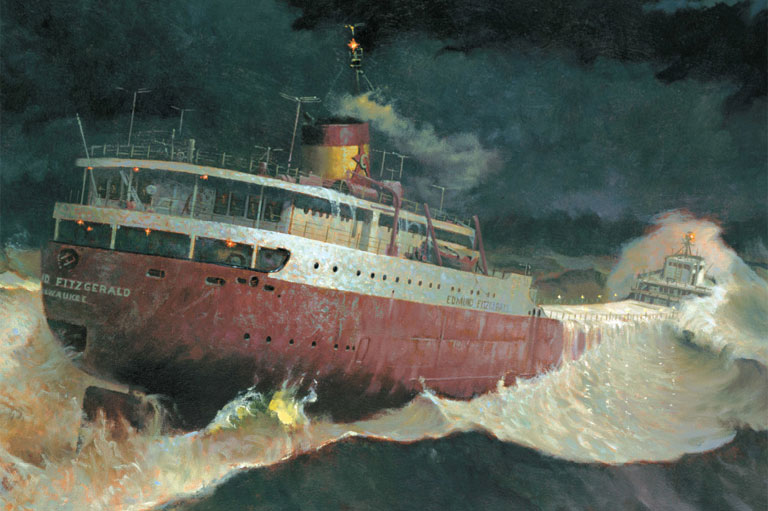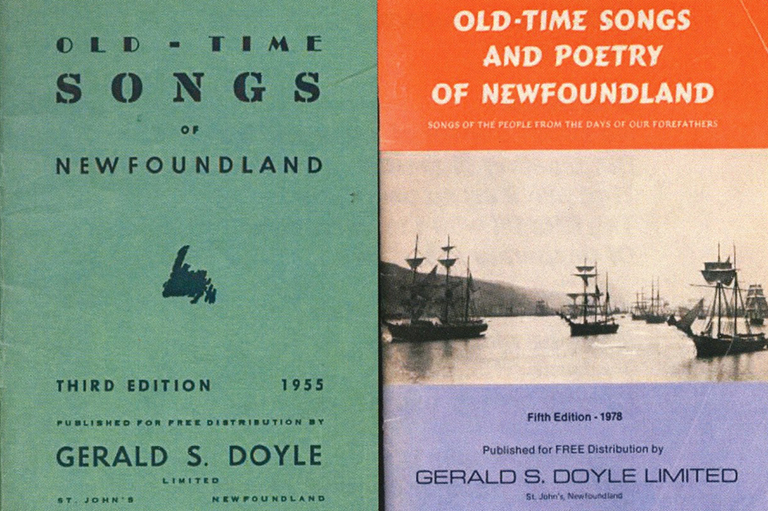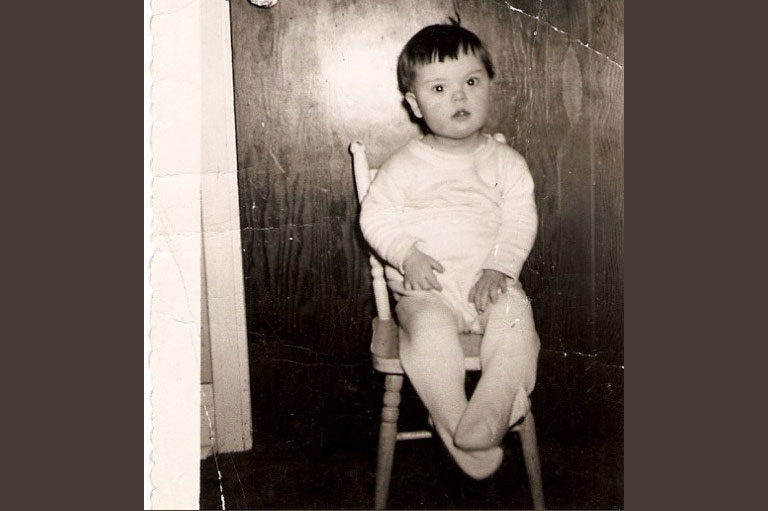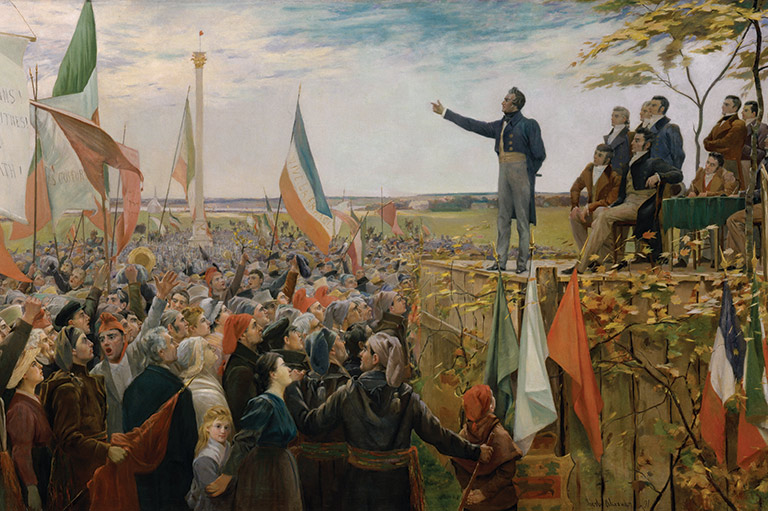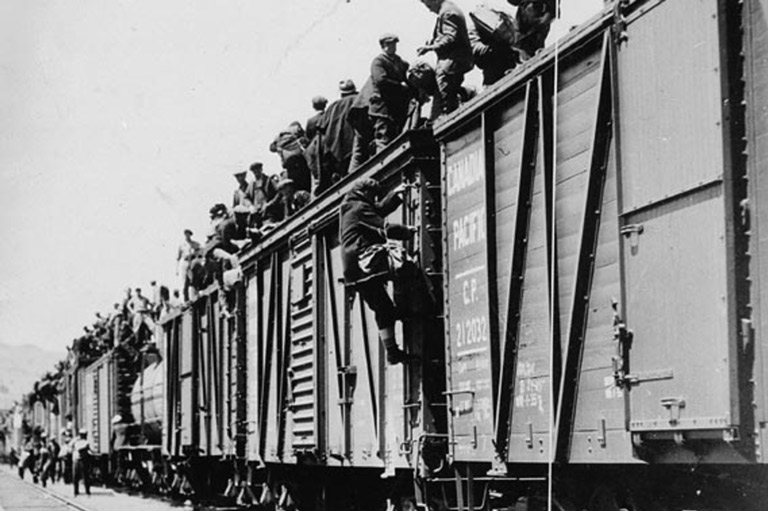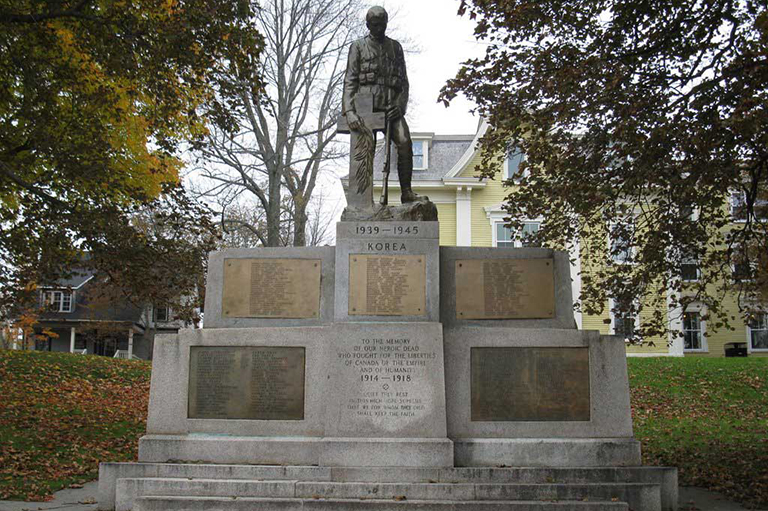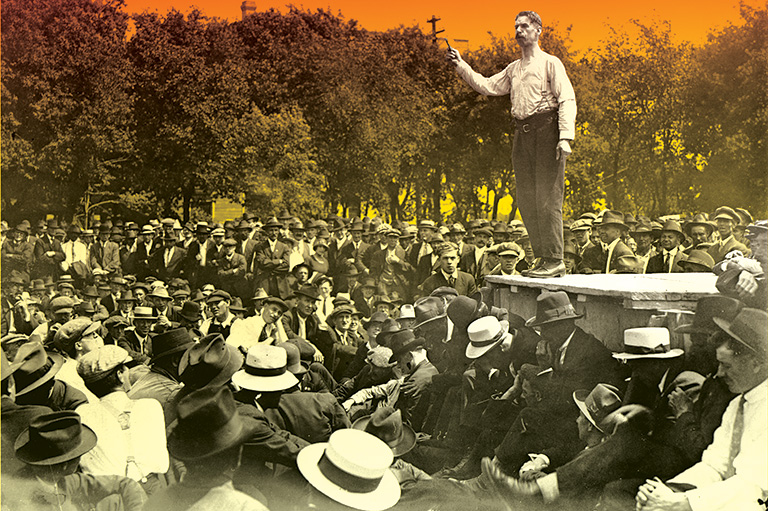Singer-songwriter Releases Anti-war Song
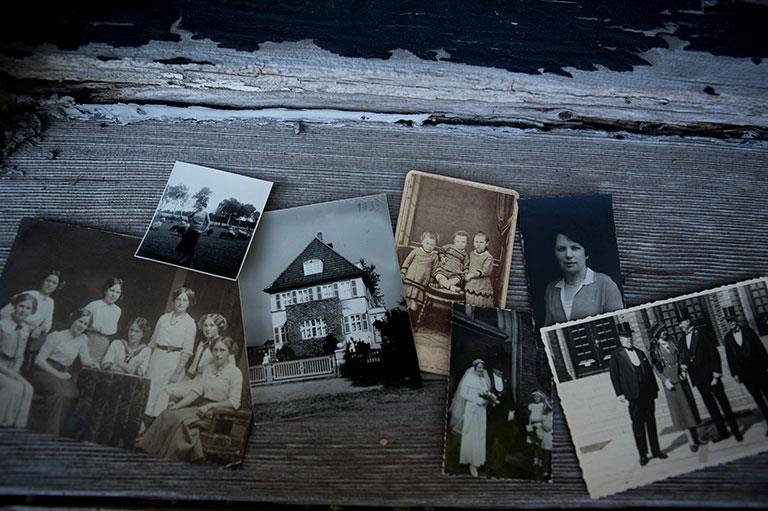
A folk singer from Guelph, Ontario, released an anti-war song during Veterans’ Week to mark the centenary of the end of the First World War.
“All Our Roses,” by Doris Folkens, tells the story of the singer’s mother growing up in Hamburg, Germany, during the Second World War. During an air raid in which their home was hit by a bomb, her mother’s family hid in a bunker. After she emerged from the bunker, her mother saw something that she can still picture today — the once blooming red roses in the family’s yard turned black from ash.
“They’d still bloom and the air would still be sweet if there was no war and if we kept our peace,” Folkens sings in “All Our Roses.” “What did we gain when all was said and done? Because everything was lost and nothing was won.”
She said the October-November 2018 issue of Canada’s History inspired her to record and release this song. Throughout the magazine, which focused on the Great War, she read stories that shared how war affects people generations after the fact. She wanted to do the same by telling her mother’s story, to show how devastating war can be to “anybody and everybody.”
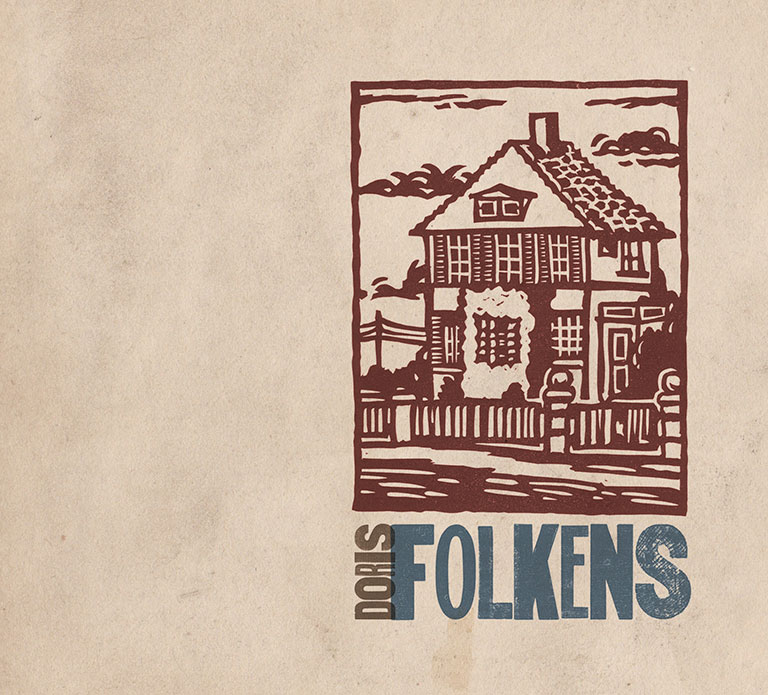
Folkens shares more of her family’s wartime stories in her debut album that she released on June 1, 2018. She tells stories of her mother — some of which were passed down from Folkens’ grandmother — and of her late father.
Like Folkens’ mother, her father was a child living in Germany during the Second World War. Near the end of the war, when he was about fourteen years old, he was recruited to the army. Though her mother openly shares wartime stories, her father was more closed off.
“I think he wanted to put all those memories behind him,” she said.
The only song on her self-titled album about her father’s family is “Uncle Jimmy.” It’s about her great-uncle, who would go to her father’s house to invite him fishing, even during air raids.
Also on the album, a standout song to Folkens is “Across the Sea.” The lyrics tell the story of her mother leaving Germany to move to Canada to start a new life with Folkens’ father.
Folkens calls this her most personal song on the album since it ultimately tells the story of her existence — had her mother not moved to Canada, Folkens’ life would be completely different, if she had even been born at all.
She said the act of sharing her family’s stories through song is reminiscent of past eras, when people shared stories as a pastime.
“In my family, we don’t do that as much anymore,” she said. “I wanted to preserve these stories so they don’t get lost.”

Folkens believes that developing a deeper understanding of history helps to foster greater compassion and understanding among Canadians — especially since we continue to be impacted by events of the past, even if you don’t notice the effects on a daily basis.
“I think I would have had a better relationship with my father if I knew what he’d been through,” Folkens said. “I hope by telling these stories, maybe we won’t make the same mistakes that we have in the past.”
Themes associated with this article
Advertisement
You might also like...
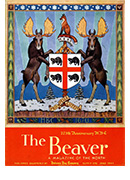
Canada’s History Archive, featuring The Beaver, is now available for your browsing and searching pleasure!

